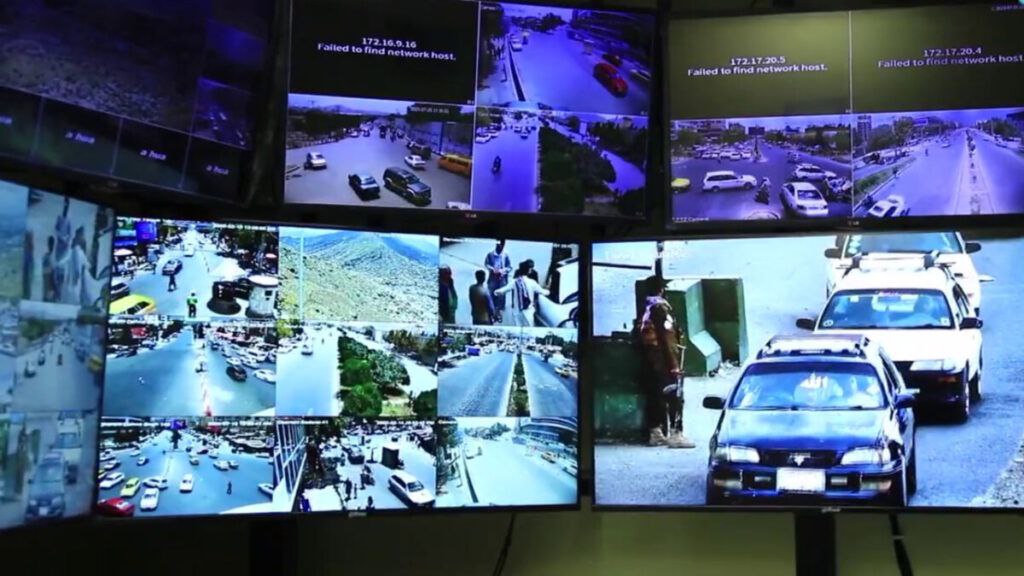KABUL, Afghanistan — Sources said Taliban has continued to install closed-circuit television (CCTV) cameras in Khost province, with an expenditure of 3 million Afghanis ($41,000), as part of its four-year plan.
A Taliban Interior Ministry spokesperson and a police spokesperson in Khost stated that the installation aims to “ensure security.”
“The CCTV installation, initiated earlier by the Khost police command at a cost of 3 million Afghanis in key city areas, is nearing completion,” said Taher Ahrar, a Taliban police spokesperson in Khost.
The camera installation began in the capital before expanding to Khost, where the Taliban Interior Ministry reported that approximately 80,000 overt and covert security cameras had been installed in Kabul to bolster security.
However, human rights activists and women’s rights advocates have criticized these measures, arguing that they represent an invasion of privacy and an effort to suppress civil liberties.
“By installing cameras, they are attacking people’s privacy. Now, people will no longer feel secure even in their own courtyards and alleys,” said Rahil Talash, a human rights activist.
There are also reports that Huawei, a Chinese firm, may be involved in installing the CCTV systems, reflecting China’s ongoing support for the Taliban. China was among the first countries to recognize a Taliban-appointed ambassador.
Despite concerns over surveillance and the suppression of dissent, some residents anticipate that the cameras will be used as in other countries to improve urban and public security.
Mohammad Rauf, a resident of Khost, commented, “This is a commendable action; cameras should be installed at all intersections.”
“Good security will come to Khost with the installation of security cameras, which will help prevent vehicle theft and capture thieves. No one will be able to steal,” said Matiullah, another local.
Previously, some citizens reported that the Taliban had mandated homeowners and businesses to install security cameras at their own expense.
As fears of oppression mingle with hopes for better security, the strategy to roll out a comprehensive network of security cameras continues.





